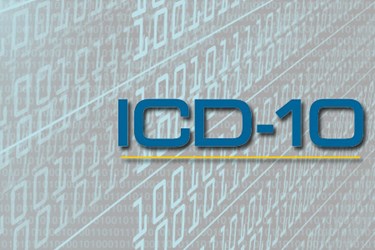Survey Validates ICD-10 Delay

By Christine Kern, contributing writer

Participants show concern over impact of ICD-10, distrust government information
HealthIT Outcomes reported last month that to ascertain the state of readiness of healthcare providers, NueMD was conducting a survey “to gauge healthcare professionals’ attitudes toward the ICD-10 transition. We’re aiming to evaluate the general perception of ICD-10 as well as anticipated effects it will have on specific business areas (finance, operations, etc.).”
The survey results have now been released. Approximately 1,300 healthcare professionals nationwide participated in the survey, which was completed right before Congress voted to delay the transition again. The results of the survey validate the need for delay.
The findings revealed that while 23 percent of respondents were satisfied with the new coding standards, 30 percent thought there should be no transition to ICD-10. Over half of respondents (55 percent) thought that the transition should be delayed, or eliminated. Significantly, when asked the same question in 2012, 56 percent of respondents answered the same way, suggesting that there hasn't been any change in attitude over the last 18 months.
A majority of participants (58 percent) were also “significantly” or “highly” concerned about the impact of a transition to ICD-10, and demonstrated highest concerns regarding claims processing and payer testing.
Also noteworthy is the fact that a majority of respondents felt the government bears the most responsibility for a successful ICD-10 transition, and yet only 12 percent trust the government most as a reliable source for information about implementation of new standards. This suggests a disconnect between theory and practice.
The goal of the survey was to “take the pulse of the industry and offer an educational resource that healthcare professionals can use to better prepare for the transition.” NueMD further hopes the results will help healthcare providers, billers, and office staff benchmark against their peers, and will serve as a “sanity check” as the Oct. 1 deadline approaches. The results may also be of use to software vendors and HIT consultants by providing insight that can help them adapt to their clients’ attitudes and provide better service.
